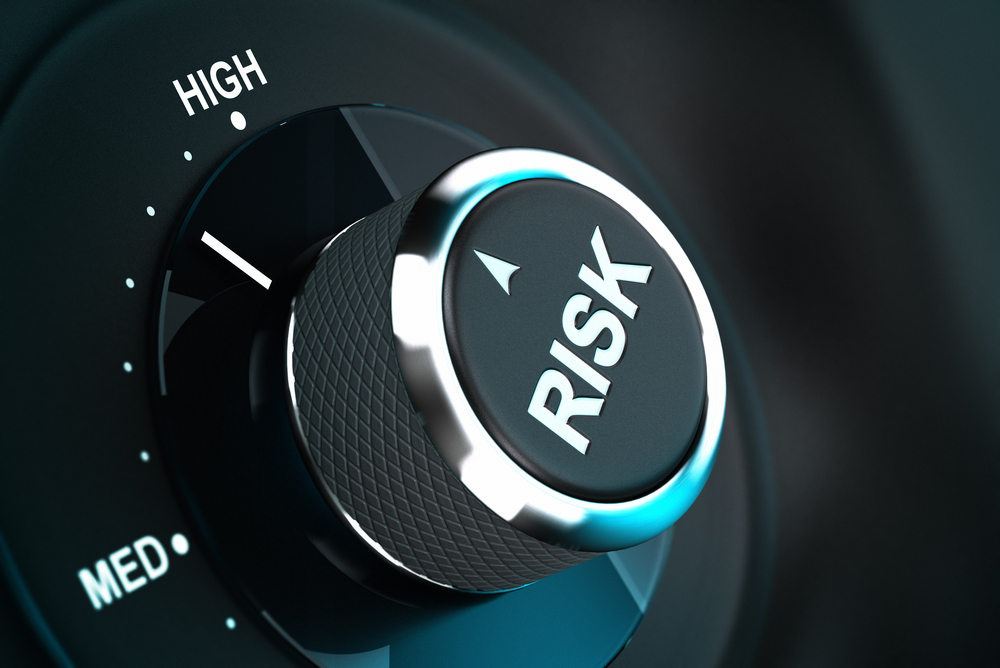High AChR Autoantibodies Linked to MG Risk After Thymectomy

High levels of autoantibodies against acetylcholine receptors (AChR) in the blood of people with thymoma — a tumor of the thymus — can help to identify patients at risk of developing myasthenia gravis (MG) after tumor surgery, a study suggests.
Larger tumors, and partial tumor resection might also increase this risk.
The study, “Risk factors for developing post-thymectomymyasthenia gravis in patients with thymoma,” was published in the journal Muscle & Nerve.
Estimates suggest that around 30% of people with thymoma develop MG, with thymomas linked to about 10% of all MG cases. Surgical removal of the thymus — called thymectomy — is standard treatment for thymoma-associated MG.
Certain MG patients are also known to experience an acute worsening of disease symptoms following thymectomy, while some thymectomy patients develop MG, with the condition then known as post-thymectomy MG.
Researchers at the Seoul National University Hospital, in South Korea, investigated the risk factors and frequency of post-thymectomy MG in thymoma patients.
Out of 235 patients with thymoma who underwent thymectomy, 191 had no signs of MG before surgery and were included in the analysis.
Eight patients — two men and six women, median age of 54.5 — developed MG after a complete tumor resection (removal) surgery. The median time until a post-thymectomy MG diagnosis was four years. Seven of them had AB thymoma type, also called mixed thymoma, characterized by the presence of white blood cells in the tumor.
In all eight patients, the levels of self-reactive antibodies against AChR, a hallmark of MG, were significantly higher before and after thymectomy compared with patients who did not develop MG.
All had relatively mild MG symptoms at onset, and favorable outcomes.
A subsequent analysis found the risk of post-thymectomy MG to be lower in patients who underwent extended thymectomy compared to those who underwent partial surgery, meaning only a part of their thymus was surgically removed.
Patients with type A or type AB thymoma had a higher risk of post-thymectomy MG compared to those with type B thymoma. Larger tumors also associated with a likelihood of developing MG following surgery, but the researchers noted that “[t]umor size is not considered in the current thymoma staging criteria.”
The median tumor size in these eight patients was 5.80 cm.
In contrast, lung function — as measured by forced vital capacity, the amount of air that can be forcibly exhaled after a deep breath — add-on therapy (after surgery), and classification of thymomas (according to the Masaoka system) showed no association with the risk for post-thymectomy MG.
A subanalysis also found that 27 of the 191 total patients were positive for anti-AChR autoantibodies in the blood before surgery, and six of them — 22.2% — went on to develop post-thymectomy MG.
Levels of these autoantibodies prior to surgery “was the only significant predictor of post-thymectomy MG,” the researchers wrote.
For this reason, “the preoperative screening of AchR-Ab [antibodies] levels may be informative for patients with thymoma who are undergoing thymectomy,” the researchers concluded.
“A large thymoma and partial thymectomy appear to be associated with a higher probability of post-thymectomy MG,” they added.
Study limitations included the small number of patients with post-thymectomy MG, the possibility of overlooking MG symptoms in other patients, and not measuring autoantibodies levels in all participants, the team noted.






